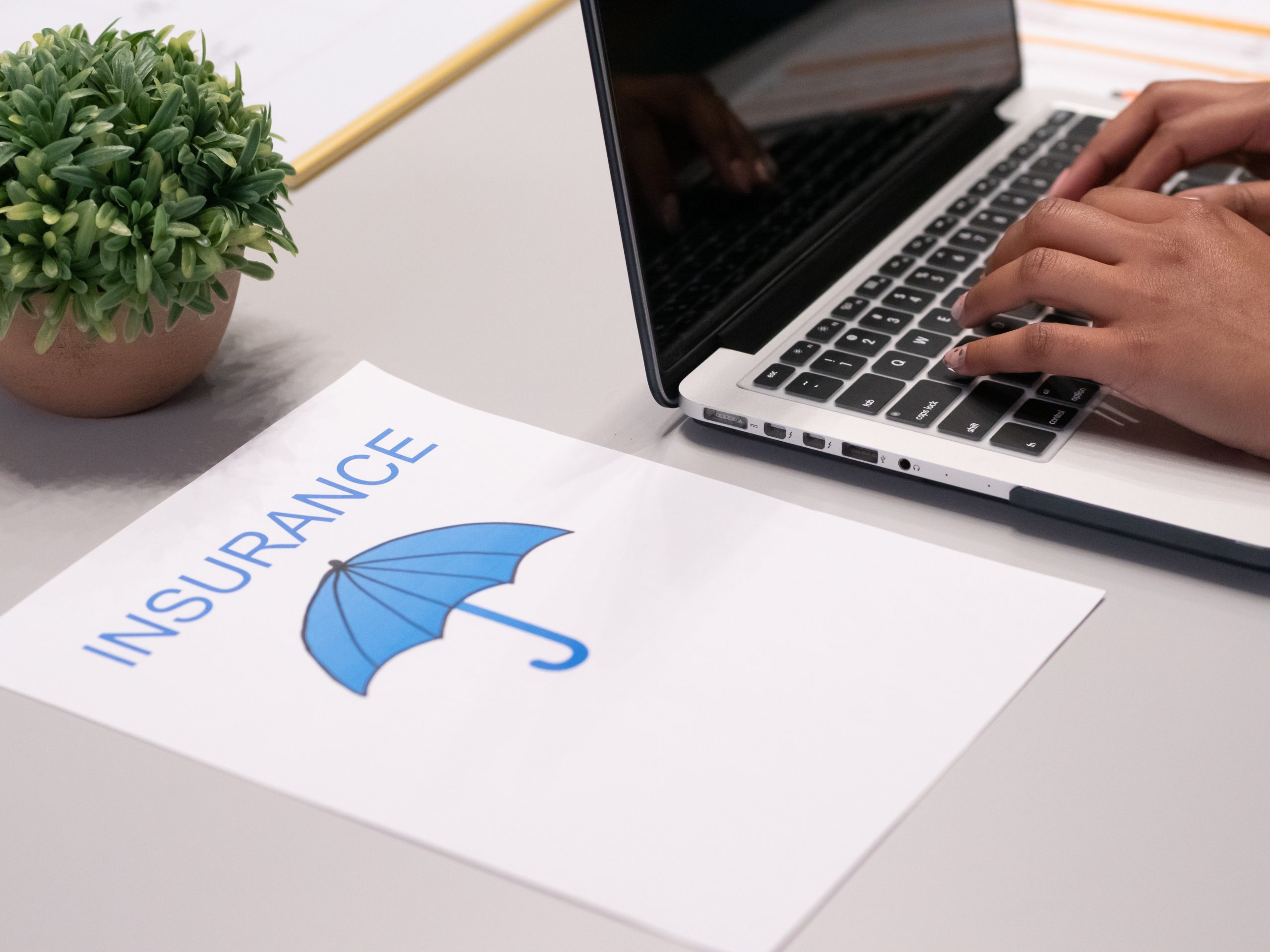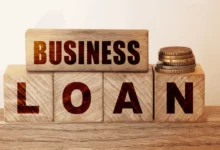
A Brief Guide to Business Insurance
Do you have enough business insurance to protect your business and its assets? The right business insurance will help protect your assets, business, and future. It’s not cheap or easy to get the right coverage for your business – but it’s necessary. In this blog post, we’ll explain the different types of business insurance, why you need them, and how much they typically cost. Read on to learn more.
What is business insurance?
Insurance is a contract between you and an insurance company. You pay a monthly or yearly premium, and the insurance company agrees to pay for losses you might suffer in a covered event, such as a fire or earthquake. Business insurance is a type of insurance that protects your business against various risks. Business insurance is divided into two main types – property insurance and liability insurance. Property insurance covers the buildings or equipment used in your business, while liability insurance covers the possibility that you might have to pay for someone else’s loss caused by your business.
Types of business insurance
There’s a whole world of insurance to get your head around and a policy to cover every event and eventuality, from dental hygiene malpractice insurance to trips and falls at work.
We’ve compiled a list of the most well know ones to help you make sense of which you might want to consider:
Business liability insurance
Business liability insurance covers the possibility that your business might be sued. This insurance might cover you if an employee gets hurt at work or a customer is injured due to a product defect. It might also cover you if you make an honest mistake that hurts another person.
Commercial general liability insurance
Commercial general liability insurance (CGL) protects you from claims your customers may make against you. It covers you for bodily injury, property damage, and some forms of false advertising. – Business property insurance – This type of insurance covers losses to your business’s buildings, inventory, and equipment.
Workers’ compensation insurance (Work comp)
This type of insurance covers the cost of medical treatment and lost wages for employees who are injured on the job.
Business interruption insurance
This insurance covers the income you lose while your business is recovering from a disaster.
Professional liability insurance
Professional liability insurance covers you against claims that you might have botched a job or provided bad advice. This kind of insurance is necessary if you’re a contractor or a professional such as an accountant or a lawyer.
Business vehicle insurance
If you have company cars, you might also need commercial auto insurance. This vehicle insurance is necessary even if you have your own car for work.
Additional coverage for specialized businesses
If you run a retail store, restaurant, health care practice or other specialized business, you might need additional coverage like food spoilage insurance, burglary and theft coverage, or coverage against floods.
Why do you need business insurance?
Insurance companies expect you to make a claim at some point during the duration of your policy. It’s why they offer you coverage in the first place. Most businesses experience a loss at some point in their lifecycle. If you have the right amount of insurance to cover those losses, you won’t have to worry about going bankrupt. You’ll be covered, and you’ll be able to keep your business running. If you’re not insured, you’re playing a dangerous game. If you don’t have enough insurance to cover the losses your business experiences, you may have to take out a loan. You might also have to declare bankruptcy if you don’t have enough personal funds to cover the losses.
How much does business insurance cost?
The cost of business insurance depends on various factors, including the amount of coverage you get, the type of insurance you buy, the size of your company, and your business’s risk profile. You can get an idea of how much coverage you’ll need by calculating your annual loss expectancy (ALE). The ALE is the amount of money you expect to lose each year. To calculate your ALE, you’ll need to know how much your business will likely lose in a year due to each of the following.
Business interruption insurance (BI)
Business interruption insurance covers the income you lose when your business is disrupted by an event such as severe weather or an employee injury. The average cost of BI coverage is $5,600 per $100,000.
Product liability insurance
The average cost of product liability insurance is $45,000 per $100,000 coverage.
Commercial auto insurance
The average cost of commercial auto insurance is $1,800 per $100,000 coverage.
Commercial property insurance
The average cost of commercial property insurance is $1,500 per $100,000 coverage.
General liability insurance
The average cost of general liability insurance is $23,000 per $100,000 coverage.
Commercial workers’ compensation insurance
The average cost of commercial workers’ compensation insurance is $740 per $100,000 coverage.
Food spoilage insurance
Food spoilage insurance protects you against loss caused by the spoilage of perishable items like dairy and produce. The average cost of food spoilage insurance is $1,250 per $100,000 coverage.
Commercial liability insurance
Commercial liability insurance protects your business if someone gets hurt due to something you or one of your employees did. If something goes wrong and a visitor to your office trips on a loose rug and breaks their wrist, or if one of your products malfunctions and injures the user, the person or company who is injured may sue you and your business to seek compensation. Commercial liability insurance covers the cost of your legal defense and any settlement or judgment the injured person receives.
Employee liability insurance
Employee liability insurance protects your business if one of your employees injures someone due to their actions. If your employee injures a customer or another employee on the job, the injured party may sue you and your business for compensation. Employee liability insurance covers the cost of your legal defense and any settlement or judgment the injured person receives.
Business equipment coverage
Business equipment coverage is also known as property insurance. It protects your business against the financial loss that results from damage to or destruction of your business’s equipment and inventory. If a fire burns down your store or a flood forces you to shut down your office, business equipment coverage will help you get back on your feet. Some business equipment policies also cover the cost of hiring contractors to clean up a mess caused by an accident, such as a broken pipe.
Conclusion
Business insurance is an important part of running any company or organization. It protects you if your business experiences a loss, such as a fire or a burglary, and covers your employees should they be injured on the job. Unfortunately, businesses aren’t cheap, and many don’t have the money to cover the cost of insurance.
Fortunately, there are various types of business insurance, each with its own cost. So, no matter what business you run, there’s likely a way to get coverage. Fortunately, proper management can mitigate some of the risks inherent within your business. Read our post here on the subject and start managing your business better today.






